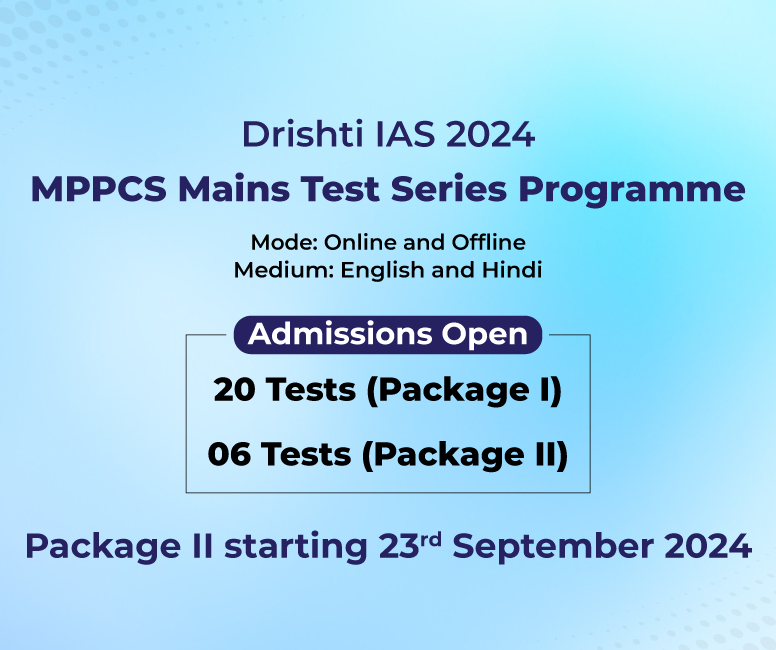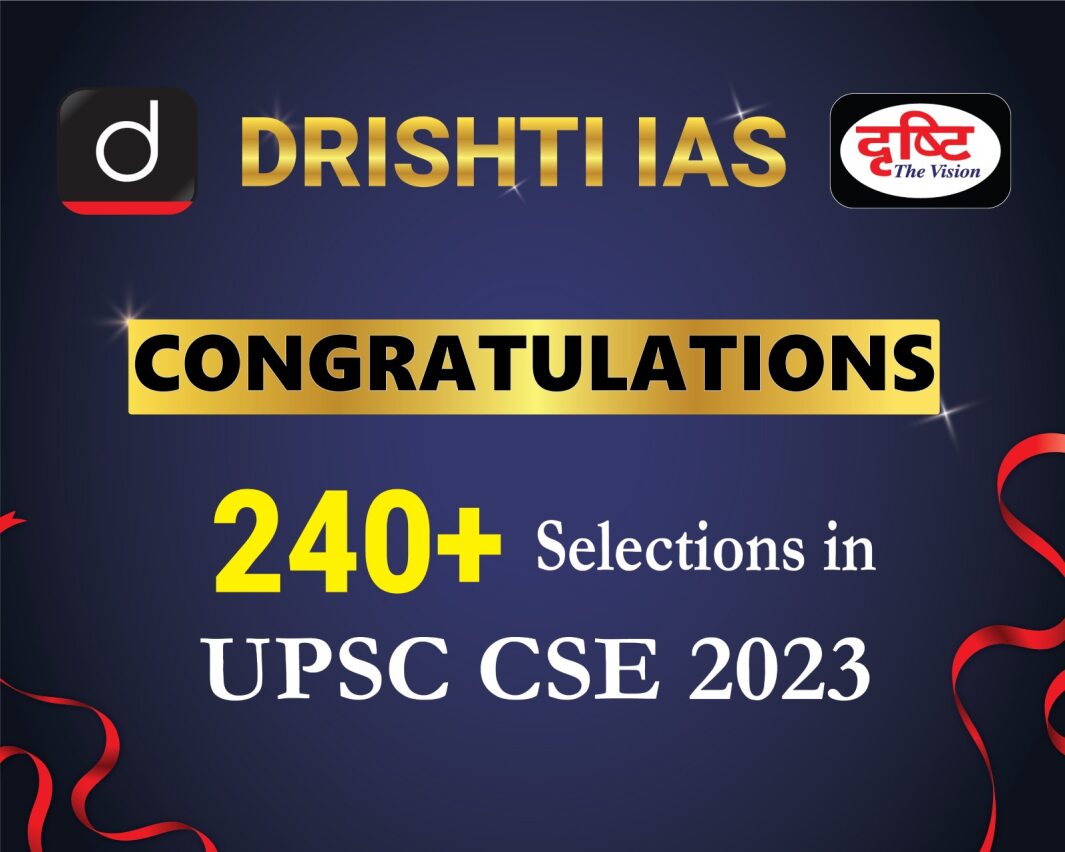Haryana Switch to Hindi
High Court Judges Shortage
Why in News?
Recently, the Punjab and Haryana High Court has been facing a judicial crisis due to a shortage of judges and delays in appointments.
Key Points
- Judge Shortage:
- The Punjab and Haryana High Court is functioning with only 54 judges against a sanctioned strength of 85, leading to a shortage of 31 judges.
- No new appointments have been made since November 2022.
- 5 more judges are set to retire by 2025, with 2 expected to retire within 2024.
- Pending Cases:
- The court faces a backlog of 4,33,253 cases, with 1,61,362 criminal matters involving life and liberty.
- 26% of all pending cases (1,12,754) are over 10 years old.
- Elevations and Appointments:
- 15 judges are eligible for elevation from the category of district and sessions judges, but appointments have stalled.
- The delay was due to the absence of a regular Chief Justice for almost eight months.
- Issues with Central Government and Collegium System:
- The Supreme Court Collegium recommended the elevation of five advocates over a year ago, but the Centre only notified three appointments. Two appointments remain pending despite the Supreme Court reiterating its recommendation.
- Complicated Appointment Process:
- Even if new names are recommended, the appointment process is slow due to its complexity. Recommendations must pass through state governments, the Supreme Court Collegium, the Union Law Ministry, and finally receive Presidential approval.
Appointment of HC Judges
- Article 217 of the Constitution: It states that the Judge of a High Court shall be appointed by the President in consultation with the Chief Justice of India (CJI), the Governor of the State.
- In the case of appointment of a Judge other than the Chief Justice, the Chief Justice of the High Court is consulted.
- Consultation Process: High Court judges are recommended by a Collegium comprising the CJI and two senior-most judges.
- The proposal, however, is initiated by the Chief Justice of the High Court concerned in consultation with two senior-most colleagues.
- The recommendation is sent to the Chief Minister, who advises the Governor to send the proposal to the Union Law Minister.
- The Chief Justice of the High Court is appointed as per the policy of having Chief Justices from outside the respective States.
- The Collegium takes the call on the elevation.
- Ad-hoc Judges: The appointment of retired judges was provided for in the Constitution under Article 224A.
- Under the Article, the Chief Justice of a High Court for any State may at any time, with the previous consent of the President, request any person who has held the office of judge of that court or of any other High Court to sit and act as a judge of the High Court for that State.
- The Supreme Court pushed for the appointment of retired judges to battle the pendency of cases in High Courts.
- It orally outlined prospective guidelines for the appointment and functioning of an ad-hoc judge.
- Collegium System:
- It is the system of appointment and transfer of judges that has evolved through judgments of the SC, and not by an Act of Parliament or by a provision of the Constitution.
- Evolution of the System:
- First Judges Case (1981): It declared that the “primacy” of the Chief Justice of India (CJI) recommendation on judicial appointments and transfers can be refused for “cogent reasons.”
- The ruling gave the Executive primacy over the Judiciary in judicial appointments for the next 12 years.
- Second Judges Case (1993): SC introduced the Collegium system, holding that “consultation” really meant “concurrence”.
- It added that it was not the CJI’s individual opinion, but an institutional opinion formed in consultation with the two senior-most judges in the SC.
- First Judges Case (1981): It declared that the “primacy” of the Chief Justice of India (CJI) recommendation on judicial appointments and transfers can be refused for “cogent reasons.”
- Third Judges Case (1998): SC on President’s reference expanded the Collegium to a five-member body, comprising the CJI and four of his senior-most colleagues (for example for the transfer of HC judges).
Haryana Switch to Hindi
Dera Chief Seeks Parole Ahead of Haryana Polls
Why in News?
Recently, Dera Sacha Sauda chief has sought a 20-day parole ahead of the Haryana Assembly elections, sparking questions due to the electoral context.
Key Points
- Parole Request:
- Dera Sacha Sauda chief, serving a 20-year sentence for the rape of two female disciples, has requested a 20-day parole ahead of the Haryana Assembly elections scheduled for 5th October, 2024.
- The Dera chief was granted a 21-day furlough on 13th August, 2024, to stay at his Dera in Baghpat, Uttar Pradesh.
- His request has been forwarded by the state government to the Chief Electoral Officer (CEO) for consultation, as the model code of conduct is in effect for the elections.
- The CEO has asked the Haryana government to provide emergent and compelling circumstances justifying the parole request during the election period.
- Election Commission guidelines do not mandate approval for parole but require consultation with the CEO in exceptional cases during the election period.
- Previous High Court Challenges:
- The Dera chief’s repeated paroles and furloughs have been challenged in the Punjab and Haryana High Court.
- In August 2024, his release on furlough was contested by the Shiromani Gurdwara Parbandhak Committee (SGPC), but the court dismissed the plea, leaving the decision to the Haryana prisons department.
- The High Court emphasized the need for decisions on such matters to be made without "arbitrariness or favouritism."
Parole and Furlough
- Parole:
- It is a system of releasing a prisoner with suspension of the sentence.
- The release is conditional, usually subject to behavior, and requires periodic reporting to the authorities for a set period of time
- Parole is not a right, and is given to a prisoner for a specific reason, such as a death in the family or a wedding of a blood relative
- It may be denied to a prisoner even when he makes out a sufficient case, if the competent authority is satisfied that releasing the convict would not be in the interest of society.
- It is a system of releasing a prisoner with suspension of the sentence.
- Furlough:
- It is similar to parole, but with some significant differences. It is given in cases of long-term imprisonment.
- The period of furlough granted to a prisoner is treated as remission of his sentence.
- Unlike parole, furlough is seen as a matter of right for a prisoner, to be granted periodically irrespective of any reason, and merely to enable the prisoner to retain family and social ties, and to counter the ill-effects of prolonged time spent in prison.
Switch to Hindi







.png)
.png)
.png)
.png)
.png)
.png)
.png)
.png)






.png)
.png)
.jpg)
.jpg)











 PCS Parikshan - 2024
PCS Parikshan - 2024

